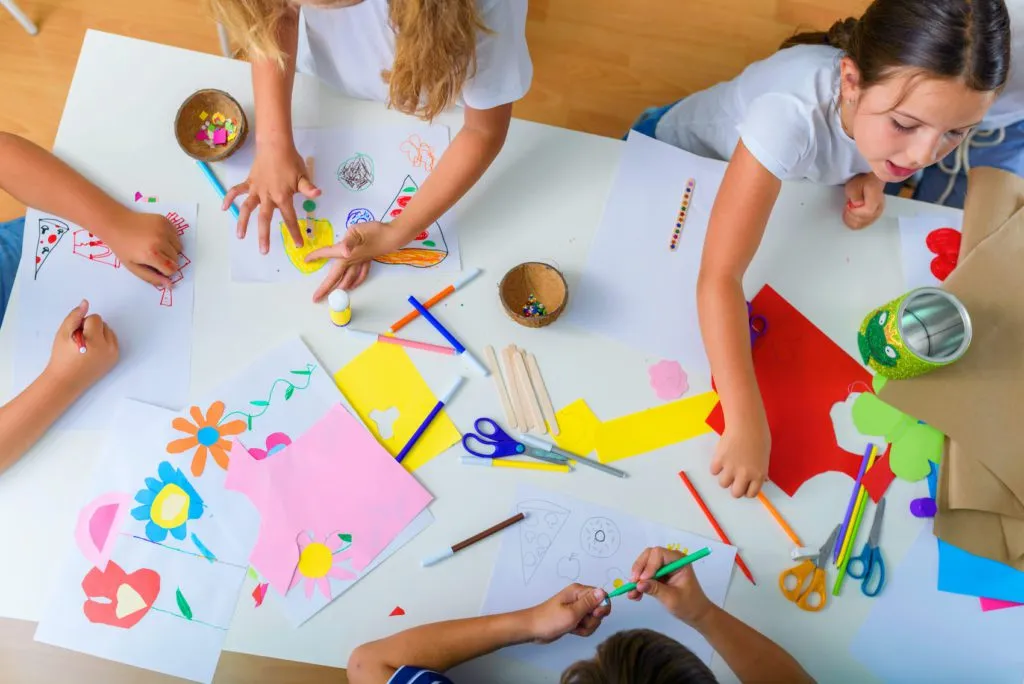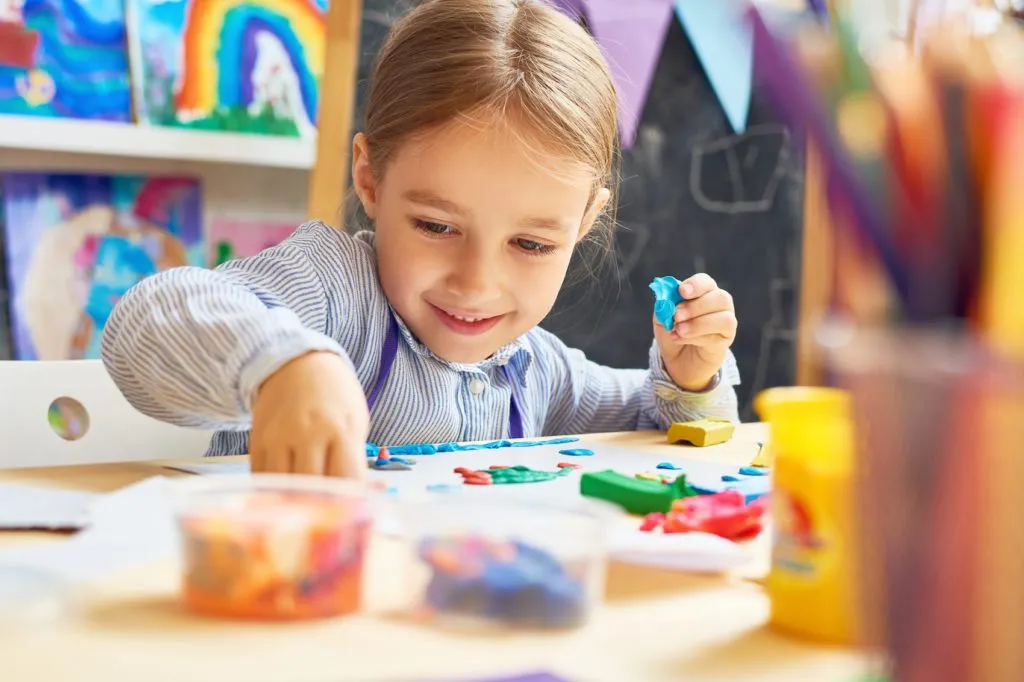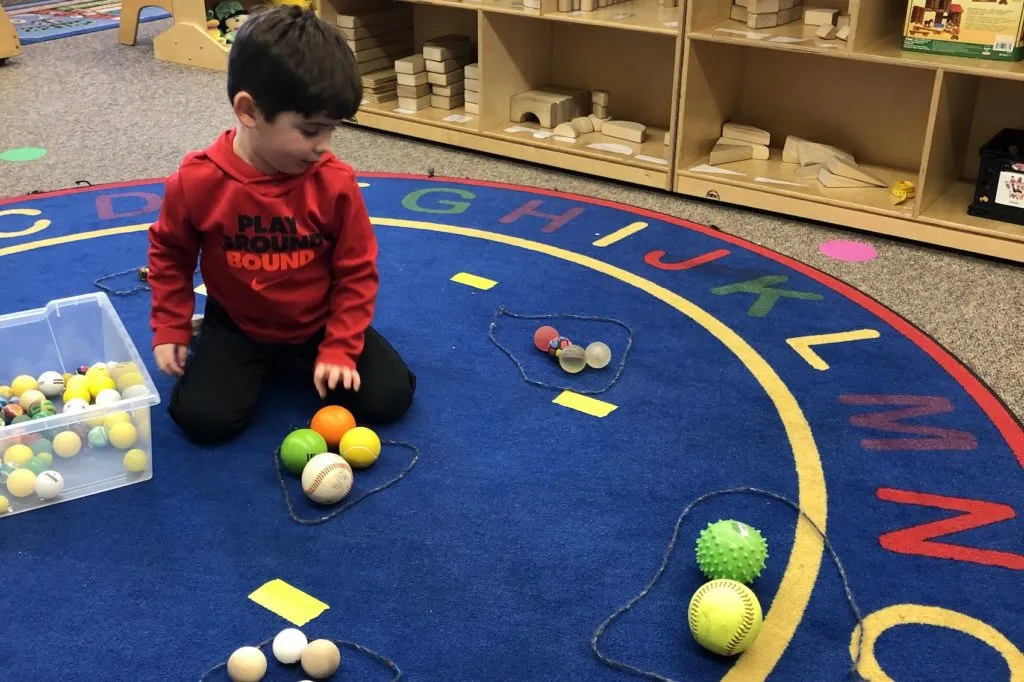Getting to Rigor Through Play-Based Learning: What Research Tells Us Is Best for Young Learners

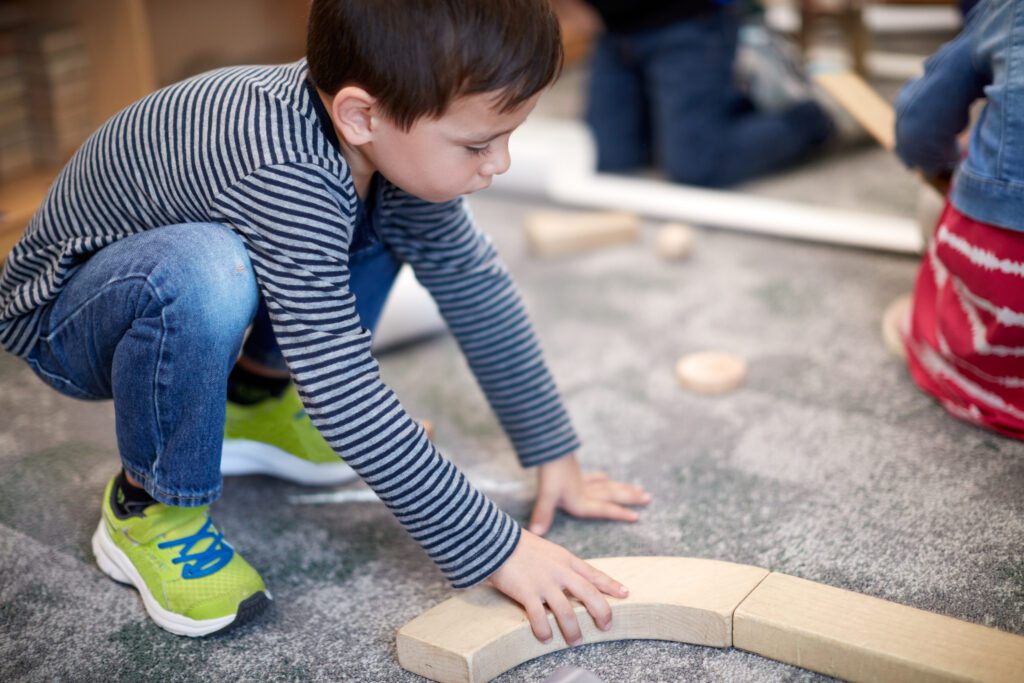
In every culture, children play. They play to make sense of the world; to learn about themselves and others; and to communicate their thoughts, ideas, and feelings.
And research shows that rigorous academic learning starts through play.1 To harness children’s natural curiosity and love of play, many preschools and pre-K programs have moved to a play-based curriculum.
What is play-based learning?
According to the National Association for the Education of Young Children, play-based learning recognizes that “children learn content while playing freely, with teacher guidance, or in a structured game. By harnessing children’s natural curiosity and their propensity to experiment, explore, problem solve, and stay engaged in meaningful activities—especially when doing so with others—teachers maximize learning while individualizing learning goals.”2
What is the role of a teacher in a play-based classroom?
In a play-based environment, teachers serve to drive learning with questions. In a traditional classroom, a teacher might say, “A circle is round,” and students would accept this definition without engaging further. However, in a play-based environment, the teacher would encourage curiosity by asking, “What do you think a circle is?” This simple question ignites the children’s imagination, inviting them to think, wonder, and explore actively.
The basis for play-based learning is rooted in the work of theorist Lev Vygotsky, who introduced the concept of the Zone of Proximal Development (ZPD). In simple terms, this means that children learn best when they are challenged just a little beyond their current understanding. When a teacher poses thoughtful questions, children are encouraged to stretch their thinking.
Does current research support play-based learning?
The power of play has been researched and validated many times over. A consistent finding is that, through play-based learning, children develop deep understandings of complex concepts—including cognitive constructs known as 21st century skills—in ways that are not possible through traditional academic, teacher-directed instruction, worksheets, and flashcards.
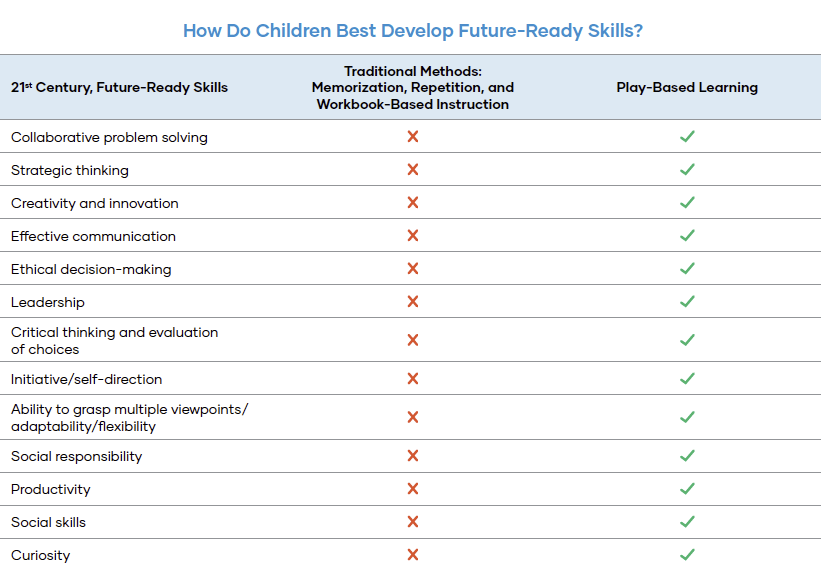
What knowledge, skills, and abilities do children acquire through play?
Through play-based learning, children are more than just passive learners; they become curious little investigators. Children compare, evaluate, discuss, discover, plan, explore, investigate, question, respond, wonder, cooperate, and communicate what they know and can do, in a variety of ways. They develop critical process skills as they build hypotheses, test their ideas through hands-on experiments, and collaborate with their peers to solve problems.
Additionally, skills such as communication, problem solving, and perseverance flourish in a play-based learning environment. As children work together on projects, they develop skills related to both independence and interdependence, learning to share ideas, listen to others, negotiate solutions, and even deal with setbacks when things don’t go as planned. These experiences help them develop emotional intelligence and social skills that are crucial in everyday life.
When children play, they are also working on social–emotional, cognitive, and physical skills and acquiring important content learning related to language and literacy, mathematics, science and technology, social studies, and the arts.
How can my program implement effective play-based learning?
Two things are critical to transforming “just play” into “constructive, meaningful play.”
- A comprehensive, developmentally appropriate play-based curriculum (e.g., The Creative Curriculum) that focuses on development of the whole child through hands-on, play-based learning experiences
- Teachers who are confident and prepared to implement that curriculum and magnify the potential of both the children in their classrooms and the power of their play
A high-quality play-based classroom balances teacher-led, teacher-supported, and child-led play to deeply explore engaging topics through project-based learning. This approach motivates children to learn through their play and to investigate, experiment, wonder, and explore, which leads to significantly more meaningful and longer-lasting understanding of concepts and skills. By encouraging this spirit of wonder, questioning, and investigation, teachers can set children on a path toward lifelong learning and a profound love for discovery.
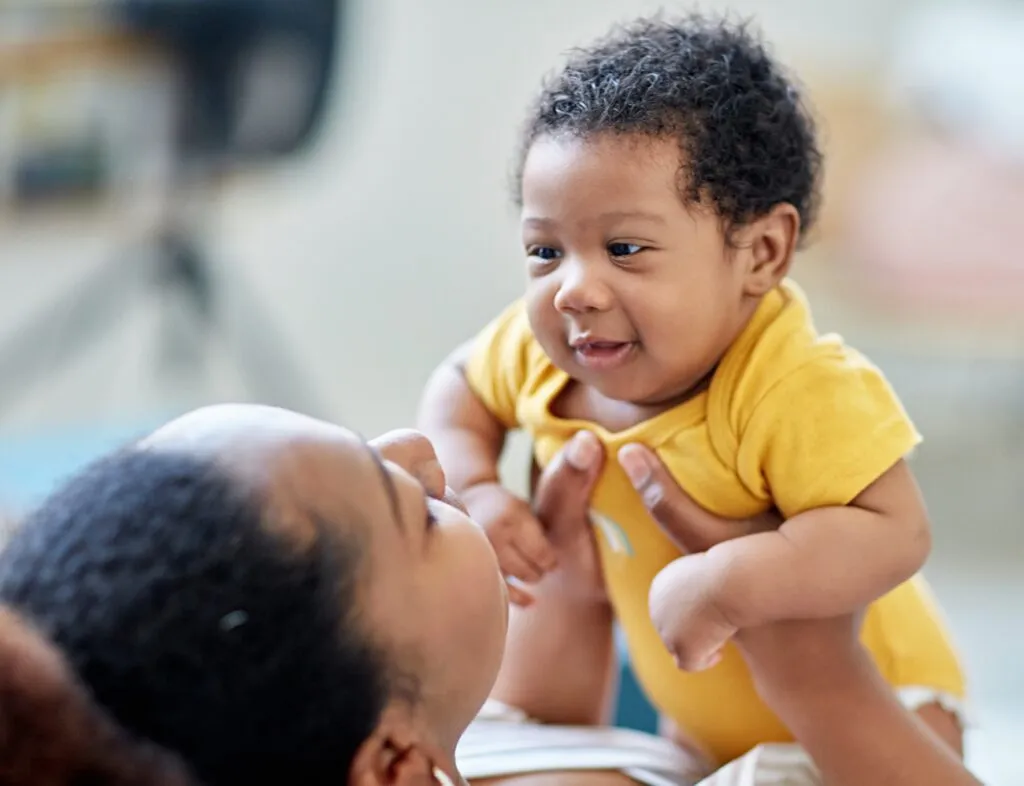
The Creative Curriculum
Based on decades of research on how children learn best, The Creative Curriculum brings hands-on, project-based investigations to your early childhood education program.
Learn MoreReferences
- Noteworthy research on the importance of play-based learning has been conducted by the following: NAEYC (National Association for Educating the Young Child); The Early Childhood Learning & Knowledge Center (part of the U.S. Department of Health and Human Services); Harvard University; American Academy of Pediatrics (AAP); and early theorists such as Jean Piaget, Lev Vygotsky, and many others.
- Zosh, J. M., Gaudreau, C., Golinkoff, R. M., & Hirsh-Pasek, K. (2022). The power of playful learning in the early childhood setting. Young Children, 77(2). https://www.naeyc.org/resources/pubs/yc/summer2022/power-playful-learning
